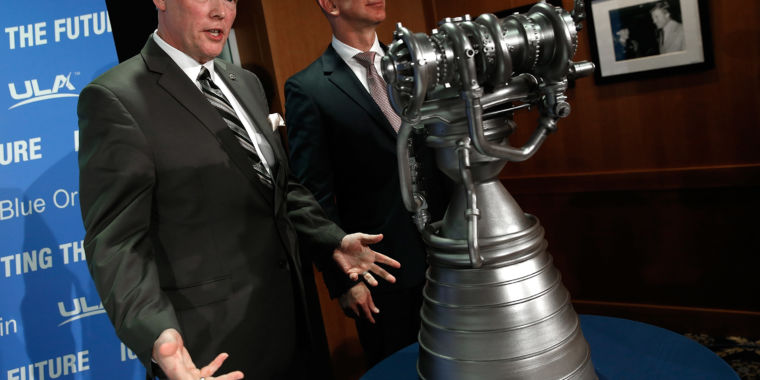
Cormac McCarthy on the Origin of Language
Cormac McCarthy is best known to the world as a writer of novels. These include Blood Meridian, All the Pretty Horses, No Country for Old Men, and The Road. At the Santa Fe Institute (SFI) he is a research colleague and thought of in complementary terms. An aficionado on subjects ranging from the history of mathematics, philosophical arguments relating to the status of quantum mechanics as a causal theory, comparative evidence bearing on non-human intelligence, and the nature of the conscious and unconscious mind. At SFI we have been searching for the expression of these scientific interests in his novels and we maintain a furtive tally of their covert manifestations and demonstrations in his prose.
Over the last two decades Cormac and I have been discussing the puzzles and paradoxes of the unconscious mind. Foremost among them, the fact that the very recent and “uniquely” human capability of near infinite expressive power arising through a combinatorial grammar is built on the foundations of a far more ancient animal brain. How have these two evolutionary systems become reconciled? Cormac expresses this tension as the deep suspicion, perhaps even contempt, that the primeval unconscious feels toward the upstart, conscious language. In this article Cormac explores this idea through processes of dream and infection. It is a discerning and wide-ranging exploration of ideas and challenges that our research community has only recently dared to start addressing through complexity science.
I call it the Kekulé Problem because among the myriad instances of scientific problems solved in the sleep of the inquirer Kekulé’s is probably the best known. He was trying to arrive at the configuration of the benzene molecule and not making much progress when he fell asleep in front of the fire and had his famous dream of a snake coiled in a hoop with its tail in its mouth—the ouroboros of mythology—and woke exclaiming to himself: “It’s a ring. The molecule is in the form of a ring.” Well. The problem of course—not Kekulé’s but ours—is that since the unconscious understands language perfectly well or it would not understand the problem in the first place, why doesnt it simply answer Kekulé’s question with something like: “Kekulé, it’s a bloody ring.” To which our scientist might respond: “Okay. Got it. Thanks.”

/https://public-media.si-cdn.com/filer/a3/17/a31738aa-3394-4f35-b77c-cf537f6fb17c/gettyimages-579860044_web.jpg)




















